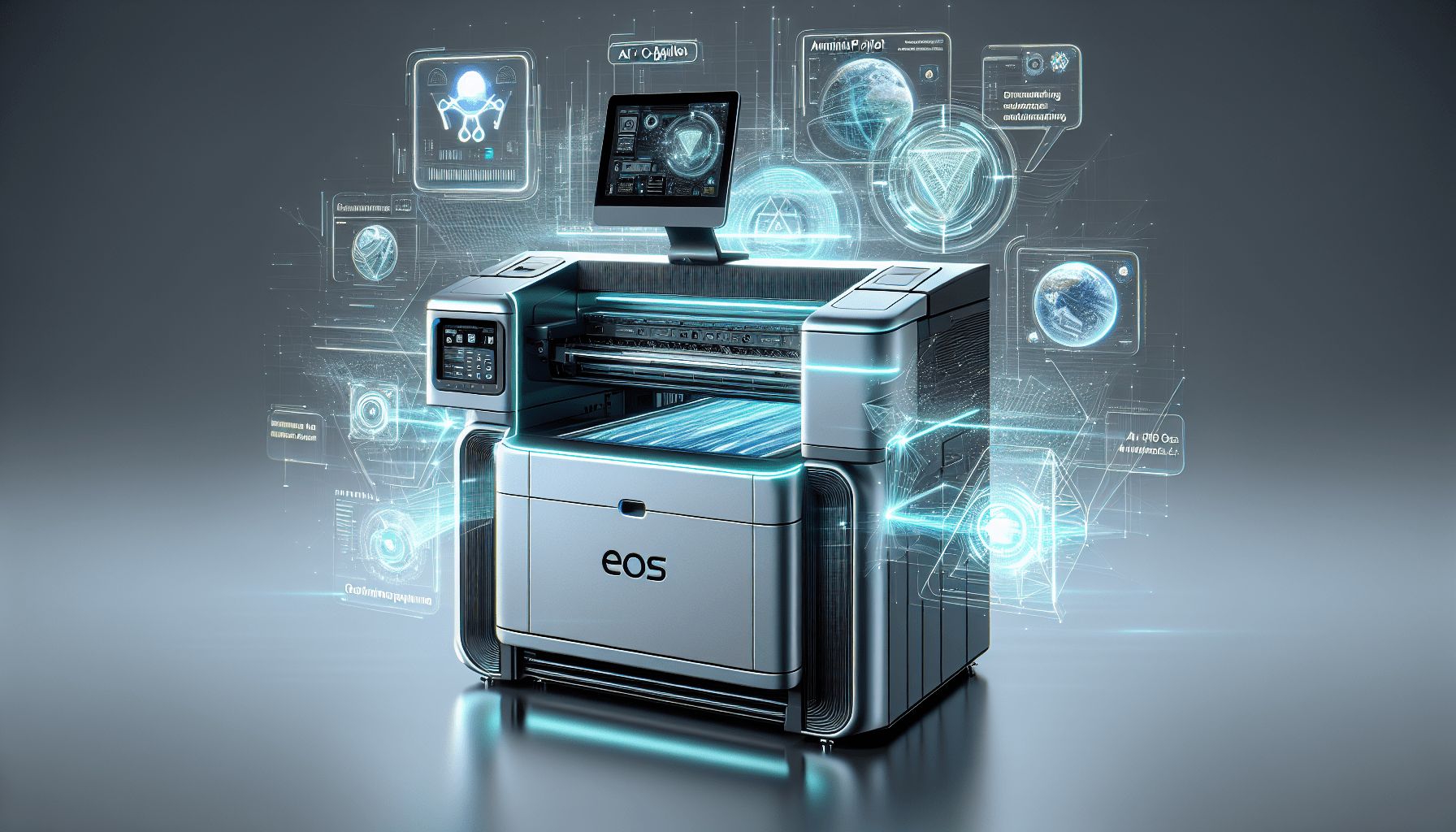Creality 3D Printer, K1 SE Fully Assembled Auto Leveling FDM 3D Printers for Kids and Beginners, 600mm/s Max High-Speed Printing, Core XY All Metal Structure, Larger Print Size 250x220x220mm
$279.00 (as of June 18, 2025 23:32 GMT +00:00 - More infoProduct prices and availability are accurate as of the date/time indicated and are subject to change. Any price and availability information displayed on [relevant Amazon Site(s), as applicable] at the time of purchase will apply to the purchase of this product.)NAMI, a 3D printing service provider in Saudi Arabia, has taken a significant step forward by acquiring advanced metal and polymer 3D printers from 3D Systems. This acquisition is set to revolutionize the production of components for the Saudi Electricity Company (SEC), fostering a localized and efficient supply chain. By leveraging cutting-edge technology such as the DMP Factory 500, DMP Flex 350 Dual, and SLS 380, NAMI aims to create a digital inventory of parts that significantly reduces production time, storage needs, and costs. This initiative is perfectly aligned with Saudi Arabia’s Vision 2030, which emphasizes economic diversification and the development of localized additive manufacturing capabilities. With the energy sector projected to grow to $17 billion by 2032, this collaboration stands to enhance supply chain reliability, drive cost efficiencies, and improve operational performance, all while supporting the nation’s ambitious economic goals. Have you ever wondered how the technological advancements in 3D printing can revolutionize industries, especially in sectors like energy where efficiency and reliability are paramount? Well, the latest acquisition by NAMI could provide some exciting insights!
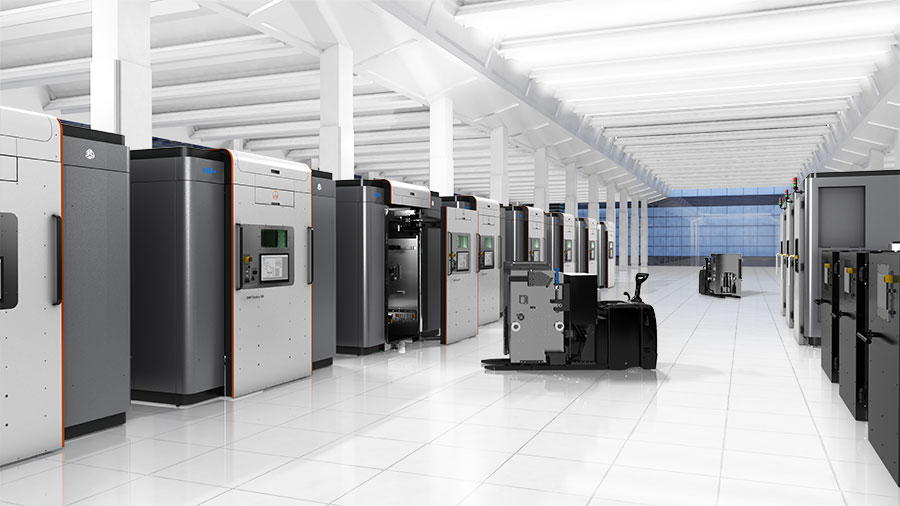
Buy Photon Mono M5 Get Free 1KG Resin
NAMI Acquires New Metal and Polymer 3D Printers from 3D Systems
NAMI, a prominent 3D printing service provider in Saudi Arabia, has recently made headlines by acquiring new metal and polymer 3D printers from 3D Systems. This acquisition is set to significantly impact the localized production capabilities for the Saudi Electricity Company (SEC), fostering a more efficient and reliable supply chain. This move isn’t just about getting new equipment; it’s a strategic move to enhance the overall production and operational efficiency in the energy sector.
Who is NAMI?
For those of you unfamiliar with NAMI, it’s a joint venture between 3D Systems and the Saudi Arabian Industrial Investments Company, known as Dussur. This partnership aims to fortify Saudi Arabia’s additive manufacturing capabilities, particularly in the defense, energy, and manufacturing sectors. By tapping into the technological prowess of 3D Systems, NAMI is well-poised to push the envelope in 3D printing applications.
The New Additions to NAMI’s Arsenal
NAMI’s recent acquisition includes three cutting-edge 3D printers:
- DMP Factory 500
- DMP Flex 350 Dual
- SLS 380
Each of these printers brings specialized capabilities to the table, making them perfect for diverse applications in the energy sector.
DMP Factory 500
The DMP Factory 500 is a powerhouse designed for high productivity and fine detail resolution, perfect for large-scale and intricate projects. It provides seamless scalability and consistent part quality, making it ideal for producing complex components.
DMP Flex 350 Dual
The DMP Flex 350 Dual offers robust performance with a dual-laser configuration, increasing the speed and efficiency of part production. This printer also supports a variety of metal materials, making it highly versatile.
SLS 380
The SLS 380 focuses on high-detail, high-strength polymer parts. Its advanced scanning technology ensures precise control and consistency, which is crucial for producing reliable and durable components.
A Game-Changer for the Saudi Electricity Company
The acquisition aims to produce parts for the Saudi Electricity Company (SEC), creating a localized and efficient supply chain. By leveraging these state-of-the-art 3D printers, NAMI has the potential to significantly reduce production time, storage needs, and costs. This move is expected to streamline operations for the SEC and provide a robust inventory of high-performance parts.
Creating a Digital Inventory
One of the most exciting aspects of this acquisition is the ability to create a digital inventory of parts. Instead of maintaining large physical stocks, NAMI can now produce components on demand. This reduces waste, minimizes storage requirements, and cuts down on lead times.
Aligning with Saudi Arabia’s Vision 2030
This initiative is perfectly aligned with Saudi Arabia’s Vision 2030, which aims to diversify the economy and build localized additive manufacturing capabilities. By focusing initially on the defense, energy, and manufacturing sectors, Vision 2030 seeks to reduce dependency on oil and create a more innovative and sustainable economy.
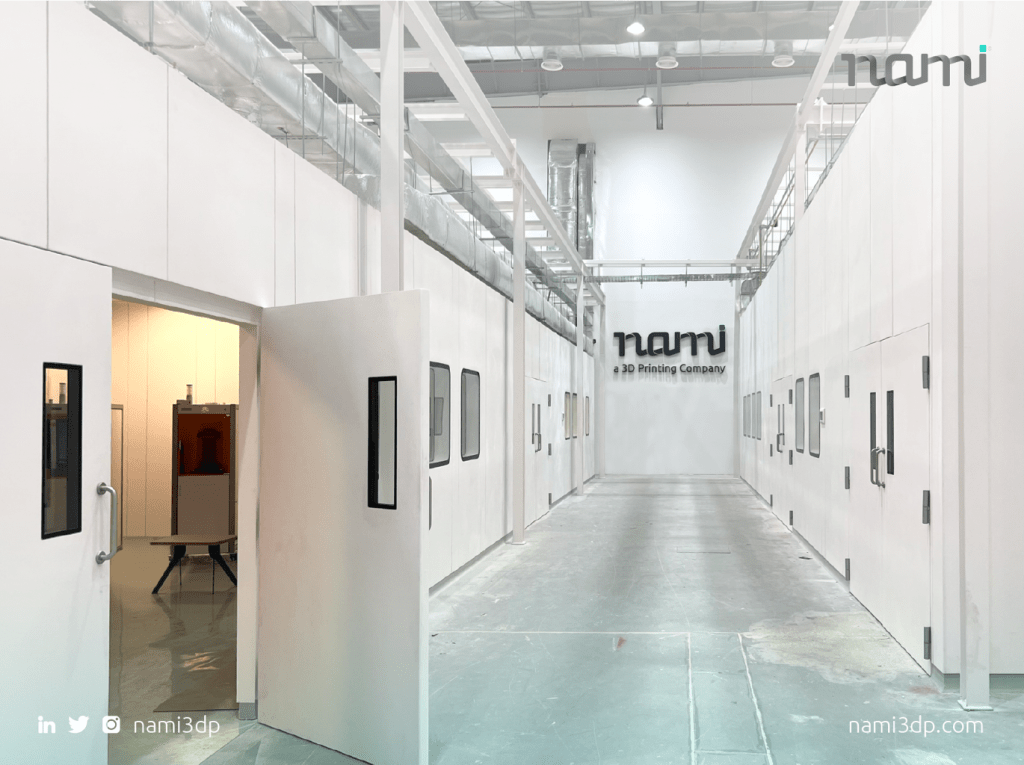
$30 off $400+ Anycubic Products with code AC30OFF
The Energy Sector’s Potential for Growth
The energy sector in Saudi Arabia is currently worth over $2.6 billion and is projected to grow to a whopping $17 billion by 2032. This growth underscores the critical need for efficient, reliable, and advanced manufacturing solutions. By incorporating additive manufacturing into their processes, companies can significantly boost their operational efficiency, reduce costs, and enhance overall reliability.
NoSupports 3D Printing Strategies
Another ground-breaking technology that NAMI will utilize is 3D Systems’ NoSupports 3D printing strategies. This technology eliminates the need for support structures during the printing process, making the manufacturing of intricate components more straightforward and efficient.
High-Performance Energy Components
With these new printers and NoSupports technology, NAMI will focus on manufacturing high-performance energy components such as pump impellers and heat exchangers. These components are essential for the efficient operation of energy systems, and their localized production will enhance supply chain reliability and performance.
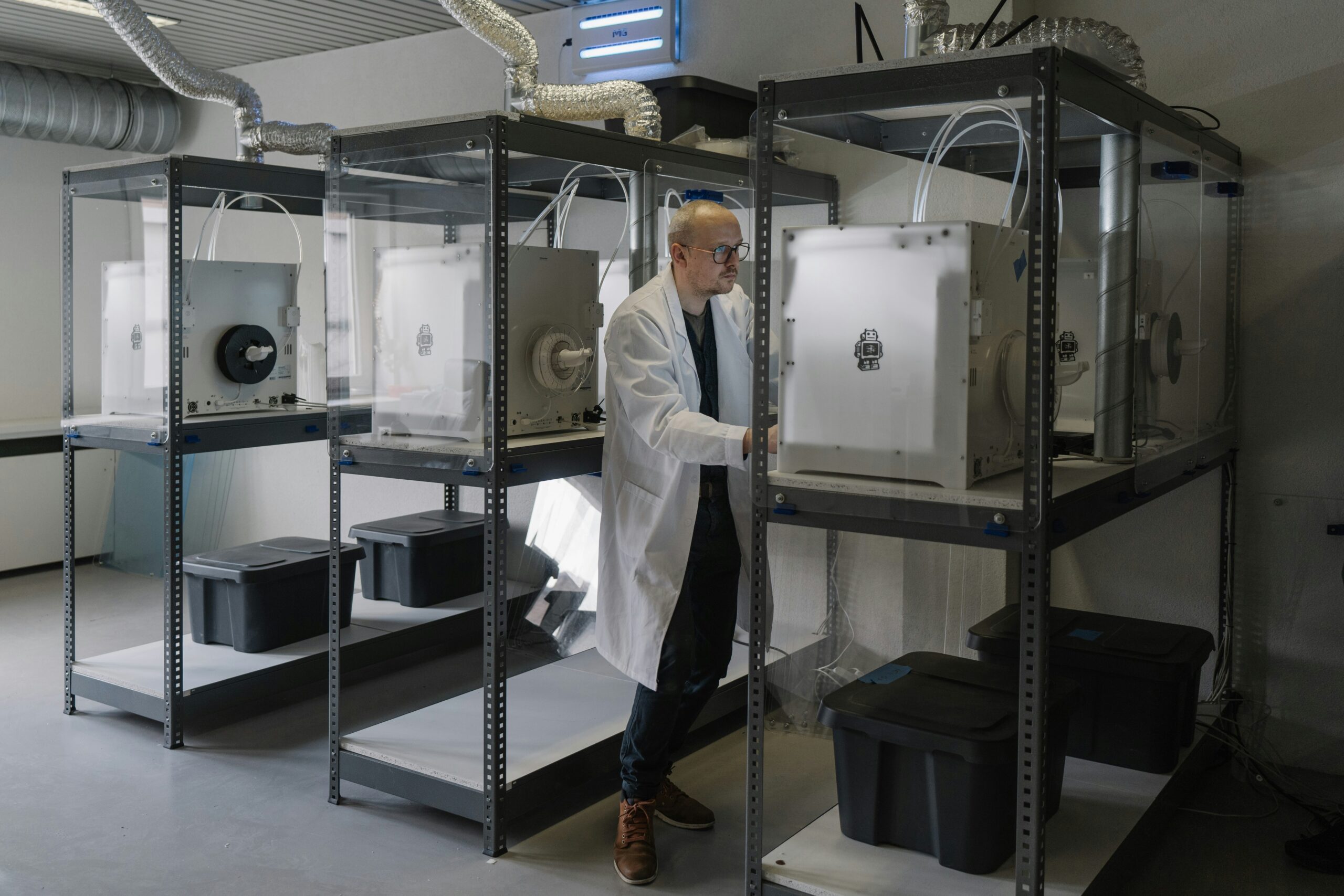
Benefits of Localized Additive Manufacturing
The collaboration between NAMI and SEC brings numerous benefits, not only to the companies involved but also to the broader energy sector in Saudi Arabia.
Supply Chain Reliability
By producing parts locally, NAMI and SEC can significantly improve supply chain reliability. This is particularly important in the energy sector, where equipment downtime can have substantial financial and operational consequences.
Cost Efficiency
Localized additive manufacturing can lead to significant cost savings. By reducing the need for large inventories and minimizing transportation costs, companies can achieve more efficient and cost-effective operations.
Operational Improvements
The ability to produce high-quality parts on demand leads to numerous operational improvements. Companies can reduce lead times, minimize waste, and enhance the overall efficiency of their manufacturing processes.

Similar Global Initiatives
NAMI’s initiative is part of a broader global trend of implementing advanced 3D printing technologies in the energy sector. Let’s take a look at a couple of other noteworthy examples.
Upwing Energy and Velo3D Printers
Upwing Energy, a company focused on enhancing the reliability and efficiency of natural gas applications, has been using Velo3D printers to produce specialized components. This technology has enabled Upwing Energy to innovate and improve their products, providing more reliable and efficient solutions for the natural gas industry.
3YOURMIND and RusselSmith in Nigeria
In Nigeria, 3YOURMIND has partnered with RusselSmith to optimize operations in the oil and gas industry. By utilizing advanced 3D printing technologies, these companies have been able to streamline maintenance processes, reduce costs, and enhance overall operational efficiency.
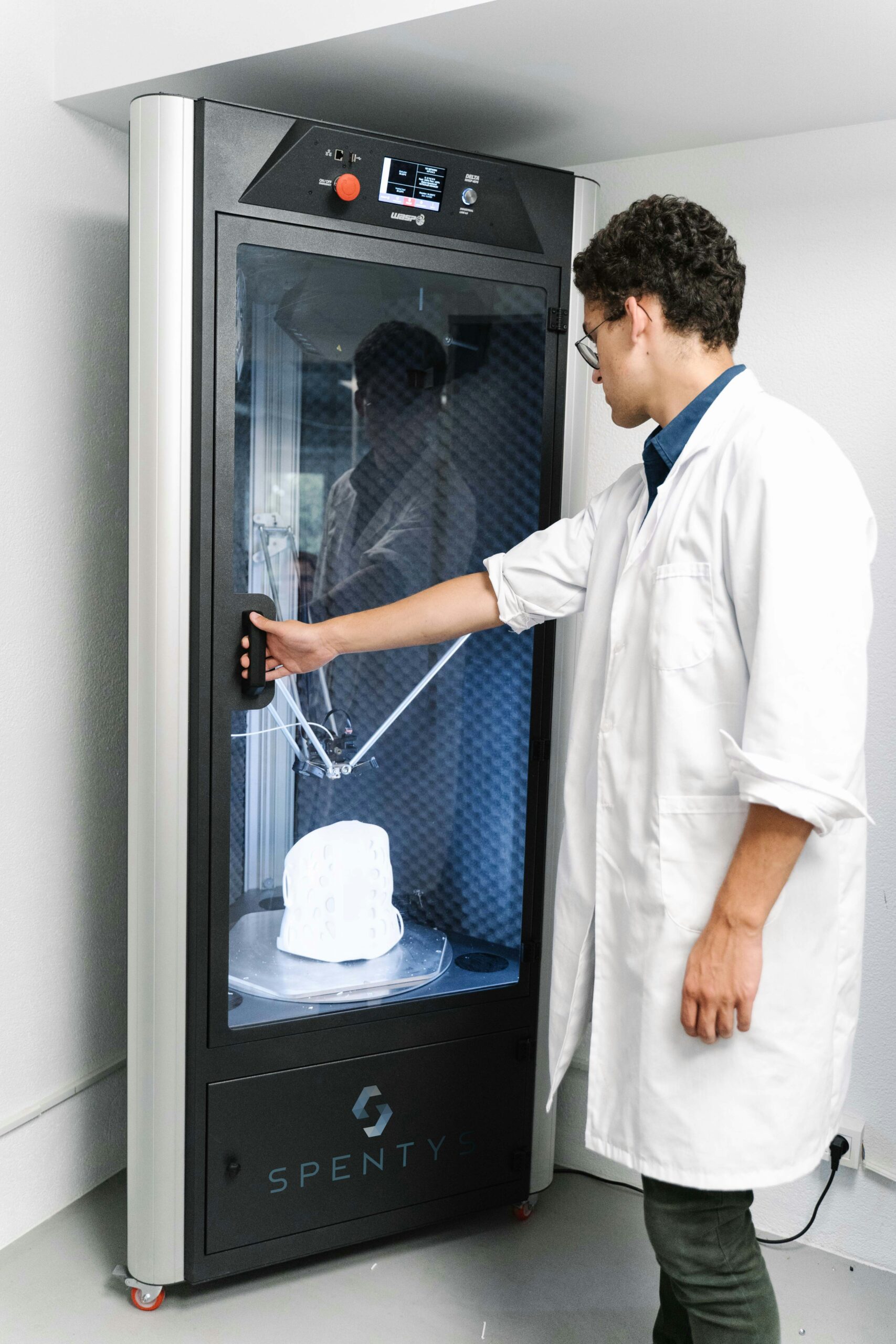
Conclusion
NAMI’s acquisition of new metal and polymer 3D printers from 3D Systems represents a significant step forward in the localized production of high-quality components for the energy sector. By aligning with Saudi Arabia’s Vision 2030 and leveraging cutting-edge technologies such as NoSupports 3D printing strategies, NAMI is set to revolutionize the manufacturing landscape in Saudi Arabia.
The benefits of this acquisition are manifold, from improved supply chain reliability and cost efficiency to significant operational improvements. As the energy sector continues to grow, the implementation of advanced 3D printing technologies will play a crucial role in driving innovation, reducing costs, and enhancing overall efficiency.
Key Takeaways
- NAMI has acquired new metal and polymer 3D printers from 3D Systems.
- The acquisition aims to produce parts for the Saudi Electricity Company, fostering a localized and efficient supply chain.
- NAMI is a joint venture between 3D Systems and Saudi Arabian Industrial Investments Company Dussur.
- The new printers include the DMP Factory 500, DMP Flex 350 Dual, and SLS 380.
- 3D Systems’ NoSupports 3D printing strategies will be used to manufacture high-performance energy components.
- The initiative aligns with Saudi Arabia’s Vision 2030 to diversify the economy.
- The collaboration with SEC is expected to enhance supply chain reliability, cost efficiencies, and operational improvements.
- Similar global initiatives include Upwing Energy using Velo3D printers and 3YOURMIND partnering with RusselSmith in Nigeria.
As the world continues to embrace and advance 3D printing technologies, the implications for various industries, especially energy, are profound. This strategic move by NAMI underscores just how transformative 3D printing can be, setting the stage for a more efficient, reliable, and cost-effective future.
Buy Photon Mono M5 Get Free 1KG Resin






